
When the Body Breaks: Sara's Hands and Health Support Fund
Donation protected
When the Body Breaks the Silence
By Sara V. Cole
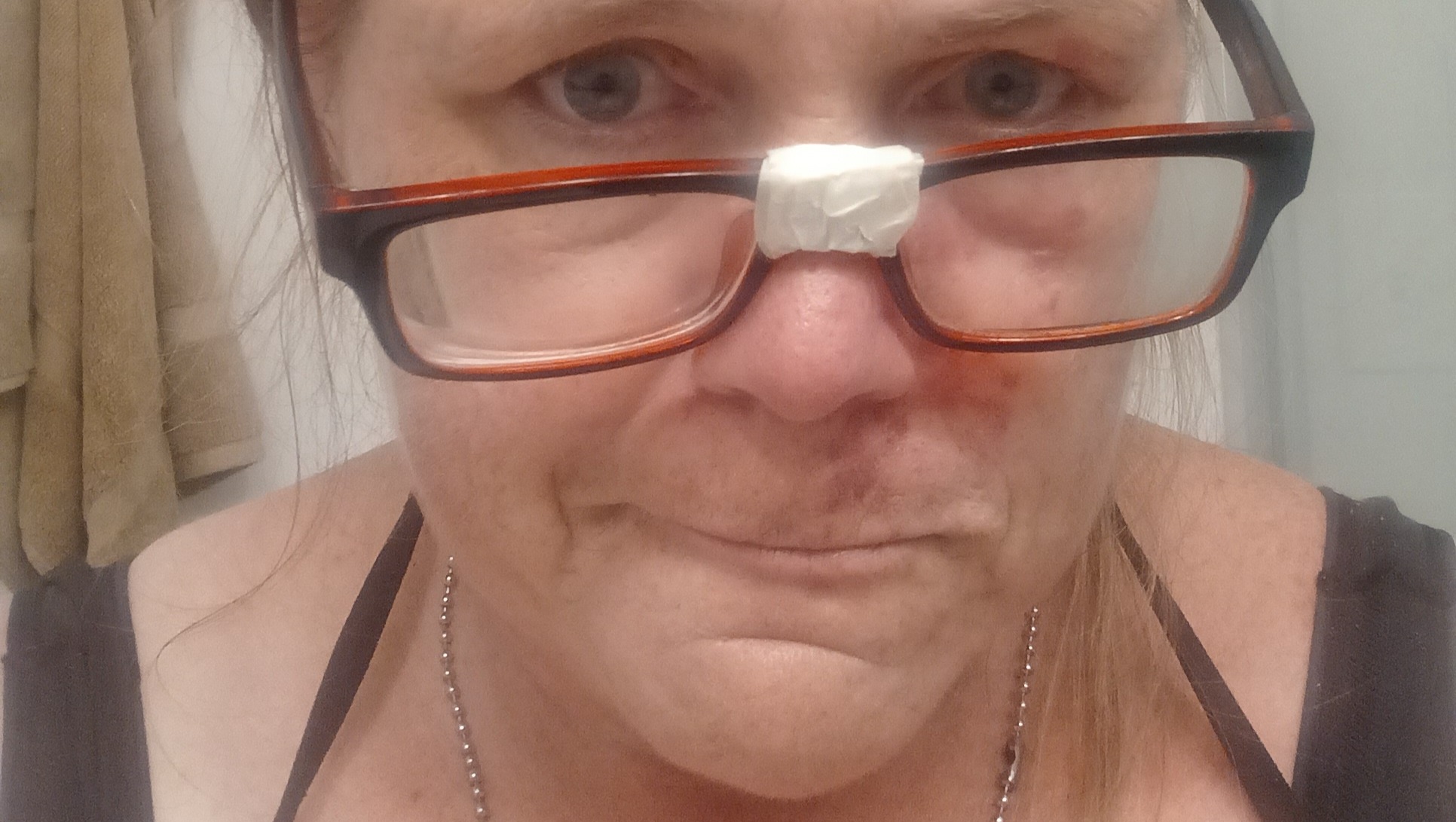
URGENT UPDATE — URGENT MEDICAL & HOUSING CRISIS
Tumors were just found in my brain. Surgery is weeks away. I am in danger of losing my housing and my chance to recover safely.
I need help now. Please read below and share if you can.
____________
LIFE-OR-DEATH UPDATE — PLEASE READ
This isn’t just about a surgery. It’s about whether I get the chance to keep going.
Several months ago, doctors told me I couldn’t safely undergo the surgeries I need unless I made a drastic change. I was devastated—and determined.
I lost a third of my body weight.
I did it while healing from trauma.
I did it while in chronic pain.
I did it while disabled, unhoused, and afraid.
That kind of transformation only happens when you’re trying to survive.
I did it so I could live long enough to heal—and teach again.
Because teaching is my purpose.
Art is my lifeline.
And this body—wounded as it is—is still mine.
But this past week, I got new medical news that shook everything.
Doctors just found tumors in my brain.
Likely benign, but large enough to cause:
Seizure-like episodes
Mini-stroke symptoms
Dangerous cognitive changes
This is in addition to:
A massive spinal canal tumor pressing on my spinal cord
A life-threatening immune disorder
Over 20 tumors throughout my body (adrenal glands, kidneys, liver, spine)
Severe nerve damage and hand injuries from an assault in February
Fibromyalgia, chronic migraines, CPTSD, and more
I need:
Brain imaging
Neurology consults
A decision about biopsy, surgery, or radiation
And possibly several hospital visits or extended stays
But I can’t do any of that if I lose my housing.
I’m less than two weeks away from losing the roof over my head.
Without housing, I can’t have outpatient procedures.
Without housing, I can’t heal.
Without housing, I’m back on the street—with a broken immune system and a spinal tumor.
So here’s the truth:
If you’ve ever thought about helping me, please—this is the moment.
Even $5 makes a difference.
Even one share could reach someone who can give more.
This fundraiser is my only lifeline.
And here’s what you’re supporting:
Because I’m not just trying to survive. I’m trying to build something beautiful out of this wreckage.
COMING SOON:
A new online art and identity course for trauma survivors
A traveling exhibition of symbolic self-portraits titled A Body of Evidence
A book blending art and narrative from my recovery
Free monthly sketchbook workshops for women in transition
A digital community for art as healing
I want to help others like me—those who have been erased, silenced, or abandoned.
I want to teach again.
I want to live long enough to make this body of work.
I want to come back stronger.
But first—I need to get through this moment.
I need shelter. I need medical access. I need time to rest, recover, and prepare for surgery.
URGENT NEEDS:
Housing support to avoid eviction
Transportation to medical appointments
Upgraded mobility devices and care equipment
Recovery support after hand surgery
Basic stability to plan my future without breaking
HOW YOU CAN HELP:
1. Donate — no amount is too small
2. Share — send this to someone who can help
3. Comment or check in — your words matter more than you know
---
Thank you for being here. For caring. For helping me hold the line.
This isn’t just a fundraiser. This is a fight for my life.
And with your help—I still believe I can win.
With all my love,
Sara Cole
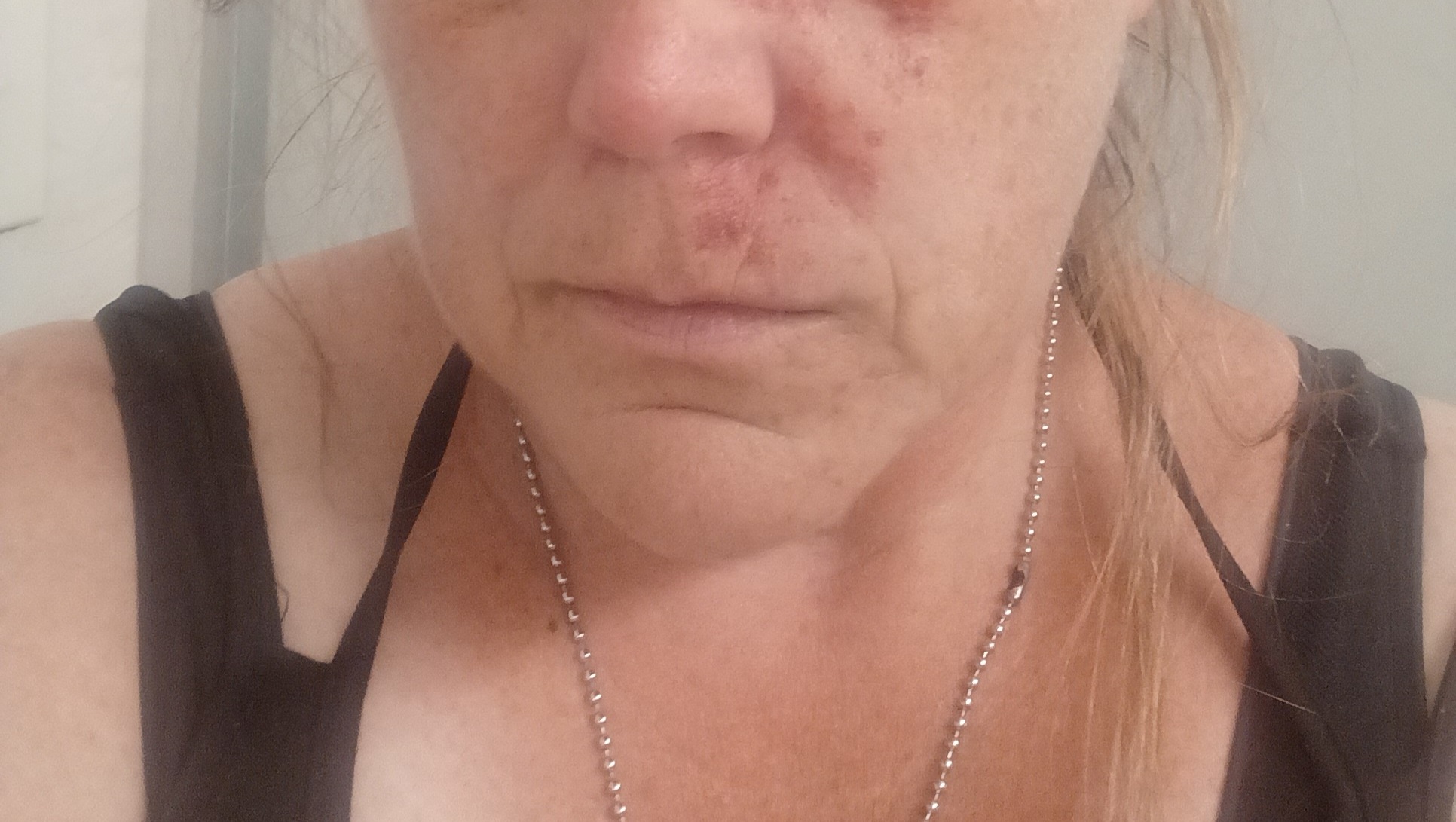
---
The sound my hands make now is a dull metallic clink—like windchimes caught in the wrong wind. Six of my fingers are splinted in thin bands of metal. When I move, they knock together, a constant percussion reminding me that nothing in my body moves without protest anymore.
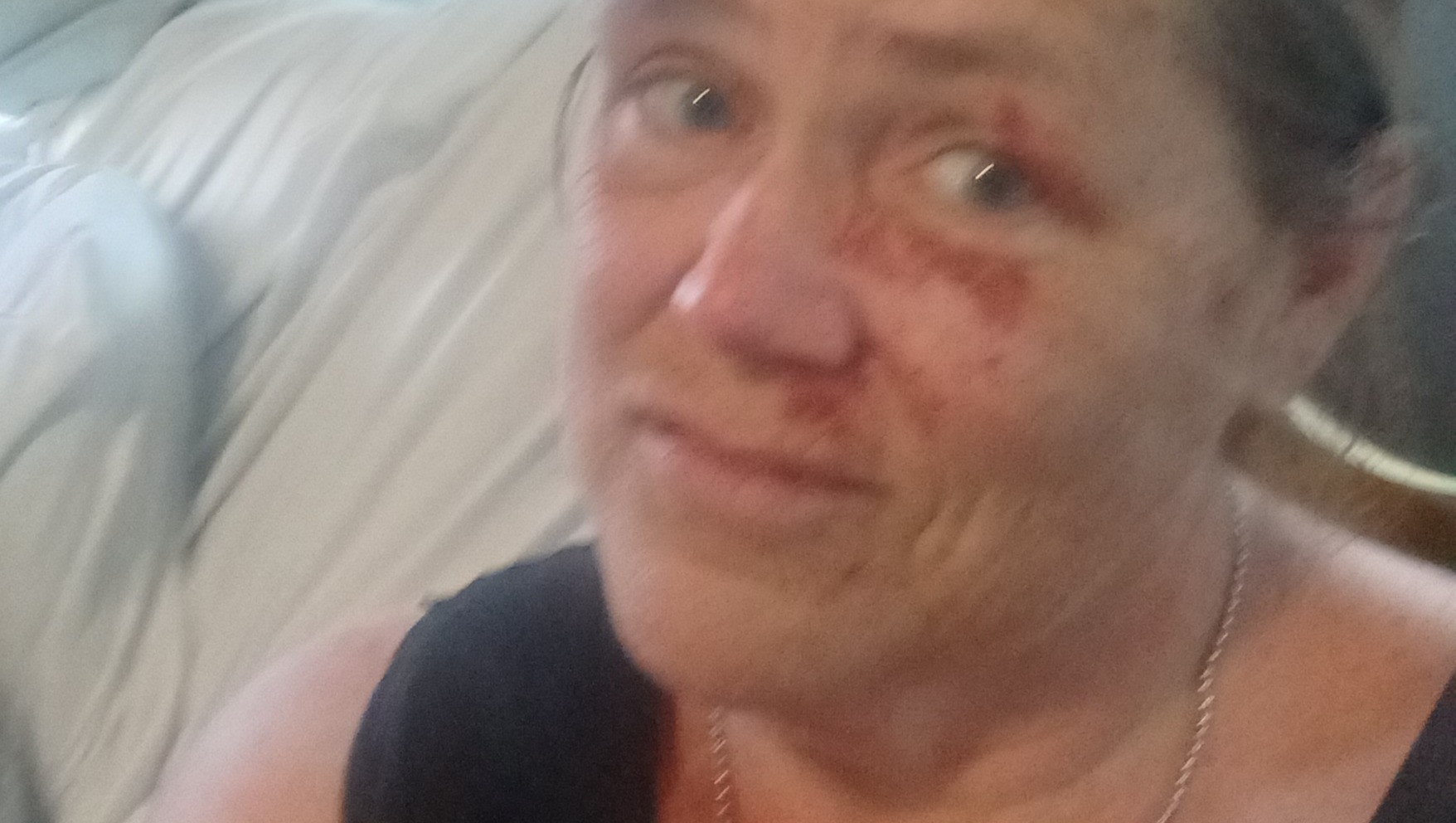
Once, my hands were tools of precision, expression, teaching. They held charcoal, clay, grief. They gestured across classrooms, cupped the shoulders of trembling students, held brushes like breath. Now they fumble zippers. They slip on doorknobs. They ache constantly. They clang against glass when I try to hold a cup of water. And they are all I have left to hold onto what I used to be.
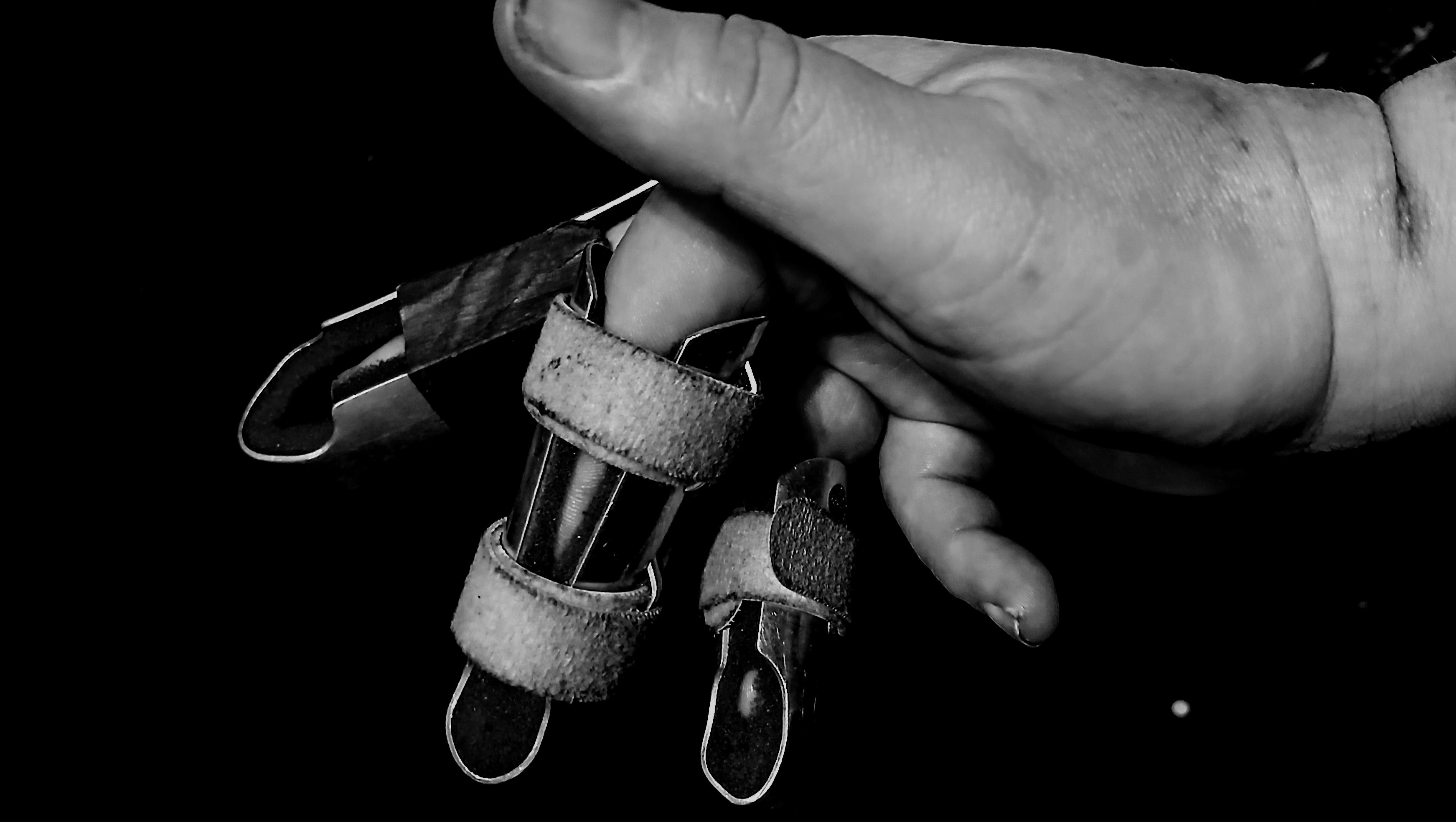
What happened to me was sudden—but it wasn’t new. A brutal assault in my art studio, a place I had carved out for restoration and reintegration, became the rupture point. But what tore open that day had been straining for years. The injuries were immediate—broken ribs, a lung that barely inflated, fingers too damaged to bend—but they weren’t the full story. They were just the first layer.
What came after was a reckoning. In the ER, surrounded by fluorescent light and questions I couldn’t answer, doctors began ordering tests. The kind of tests that go deeper than bruises. The kind that ask the body what it’s been hiding.
The results came back like falling dominoes.
An aortic aneurysm. Tumors in multiple organs. A worsening spinal mass. An immune system I already knew was fragile—hypogammaglobulinemia, a condition I had carried for years—was no longer holding the line. And then: blood abnormalities, organ inflammation, and a laundry list of system failures I had long suspected but had no words for.
The assault didn’t break me.
It just made the breaking visible.
---
There’s a theory I used to teach in my trauma-informed art classes. That trauma isn’t just something that happens to you—it’s something that lives in the body. It reorganizes your nervous system, embeds itself in muscle memory, and hijacks the dialogue between brain and body. The body remembers. The body keeps score.
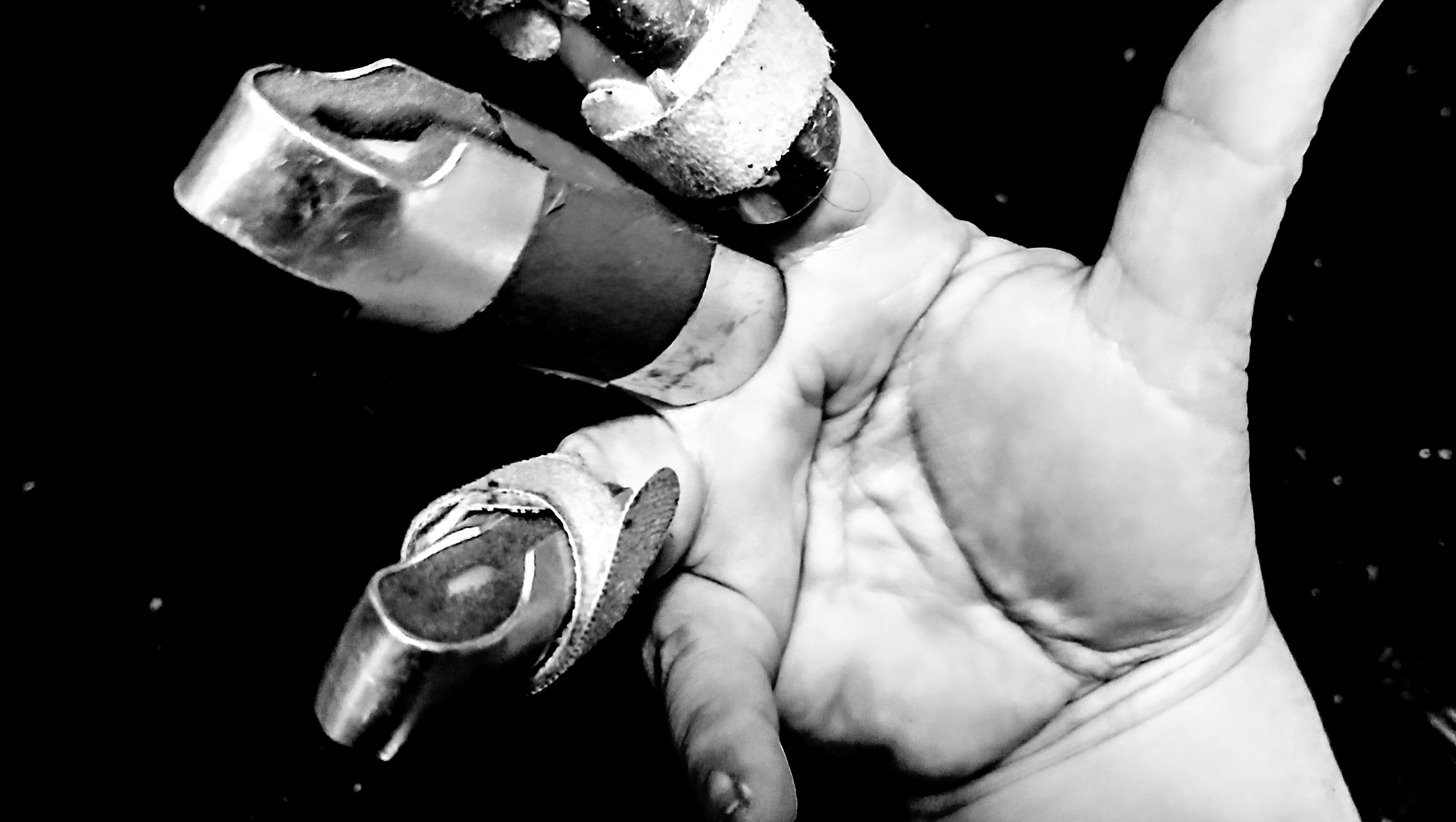
When I first read that phrase—“the body keeps the score”—I underlined it so hard the pen bled through the page. I didn’t know yet that one day, my body would start reading it back to me in symptoms.
For years, I pushed through. I did what so many disabled women are forced to do: I masked, minimized, adapted. I walked into classrooms and studios like someone who had it together because I had to. I kept showing up—until the collapse came loud enough that it couldn’t be ignored.
There’s a name for what happens when a body is exposed to prolonged stress and can no longer regulate itself. It’s called allostatic overload. It’s the price of years spent in survival mode. When every organ, every system, every cell is working overtime without enough recovery, the body starts to fail in unpredictable and compounding ways. That’s where I live now.
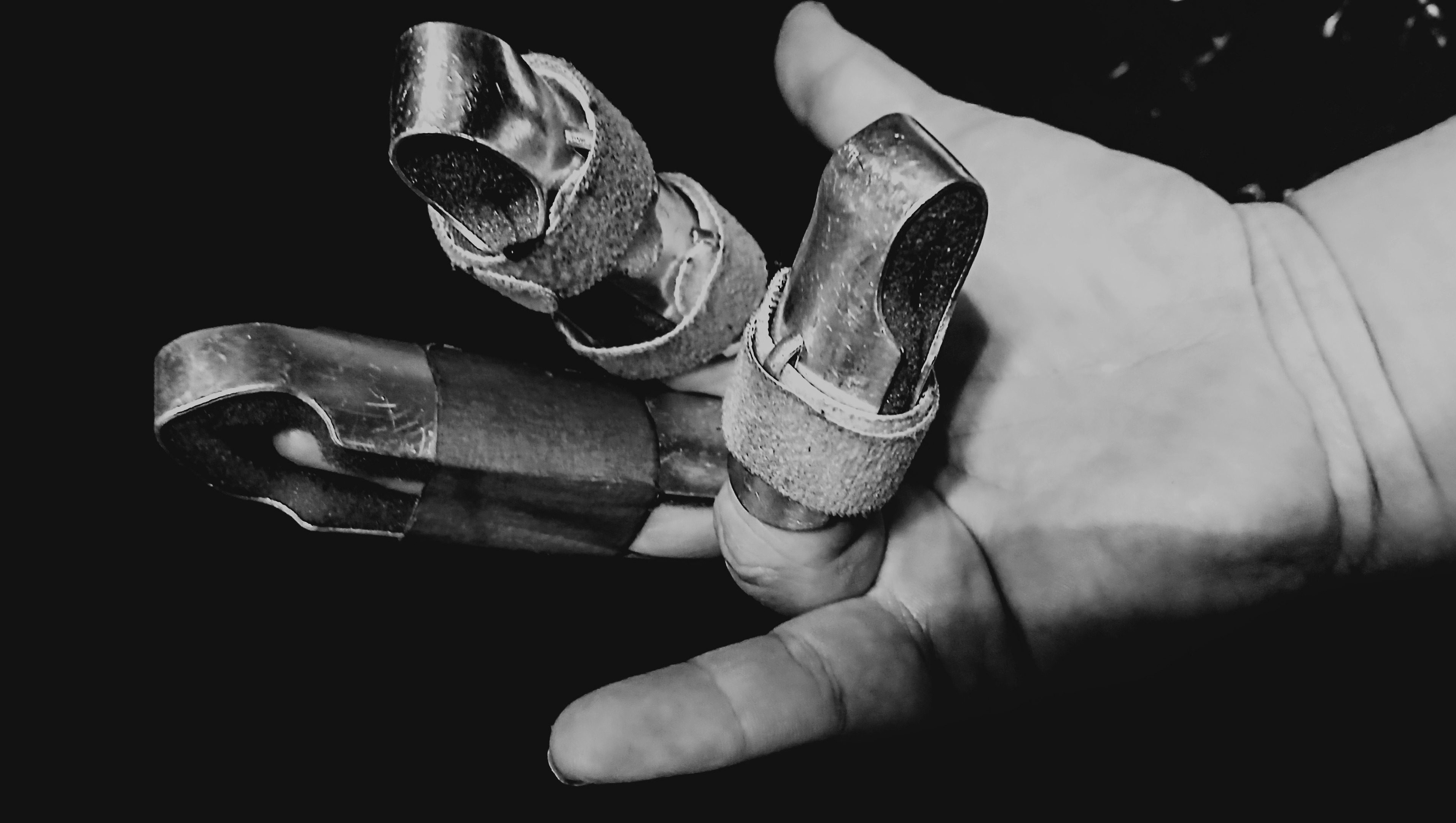
And this is where the misunderstanding begins. Because trauma doesn't always look the way people expect. It doesn't show up in a straight line or on a timeline that’s convenient. It's not always loud. Sometimes it’s quiet—hidden in how a body slouches, how a hand trembles, how a sentence trails off.
I don’t always look like someone in crisis. I look like someone who has spent a lifetime managing crisis well enough to survive it.
But survival isn’t the same as healing. And right now, I need both.
The nights are the hardest. I wake up in cold sweats, breath caught, heart racing. The dreams always circle back to the same place—the studio, the pain, the sound of my own body breaking under someone else's hands. I can still feel him standing over me, grabbing my fingers and bending them backward until they snapped. The pain was immediate, electric. That memory doesn't stay in the past—it follows me to bed, waits for me in sleep, and greets me in the dark.
Every time my splinted fingers clink and clang together now, I’m taken right back to that moment. The sound is small, but to my nervous system, it’s deafening. It’s the sound of assault. Of harm. Of helplessness. That trauma lives in my bones now. In metal. In memory.
---
Right now, I also need antibiotics—and quickly. I’m fighting off another infection, one that could escalate fast in a body like mine. But getting the antibiotics is only part of the risk. Taking them could trigger something just as dangerous.
I’ve had C. diff three times. It’s a bacterial infection that takes root when antibiotics wipe out the healthy bacteria in the gut. In people with compromised immune systems, C. diff can be catastrophic. It can spiral into systemic inflammation, sepsis, and in some cases, death.
So here I am, standing on a ledge: the medication I need to survive this moment could also push me into another crisis. And still, it’s not a choice—I have to take them. There’s no backup plan. Just a narrow window, and the hope that I can raise enough money to act in time.
That’s what this story has become. Not a request for pity, or a list of diagnoses. But a plea for time, for space, for treatment. For the chance to catch my breath before the next wave hits.
And for the chance to keep my hands—these metal-wrapped, aching hands—just steady enough to keep holding on.
---
These hands once guided students through drawing their first lines. They painted the grief of miscarriage and the softness of survival. They documented years of caregiving, of resisting, of rebuilding.
Now, they’re waiting to be repaired.
I don’t know what full healing will look like. I don’t know how much of what I’ve lost I’ll get back. But I do know this: the life I’ve lived—teaching, making, witnessing, surviving—is still inside me.
And I believe, with help, I can find a way to continue it.
So I’m writing this the only way I know how: honestly.
With vulnerability as both anchor and offering.
If you’ve ever found comfort in a piece of art, a shared story, a quiet moment of truth—then you already know why I’m asking.
---
CONCLUSION: Why I’m Asking for Help
The funds I raise through this campaign will go directly toward urgent, life-sustaining medical care. That includes:
Antibiotics and medications to fight infection
Reconstructive hand surgery and post-op treatment
A personal care attendant during recovery
Follow-up immune and organ testing
Emergency rent and basic living expenses
I’m doing everything I can to keep showing up—for my health, for my future, and for the creative and educational work I still believe in. But I can’t do it alone.
This isn’t just about survival. It’s about recovery. And I’m asking—humbly and honestly—for your support.
To steady these hands.
And to help me use them again, for something that matters.
---
FROM THE RUBBLE: What Comes Next
Recovery is not the end of this story. It’s the beginning of a reclaimed one.
If I can get through this critical window, I plan to rebuild not only my health—but my practice, my voice, and my service to others. I will be:
Reopening a small adaptive art studio space focused on trauma-informed art and healing
Launching a series of online workshops on art, identity, and resilience for women and trauma survivors
Completing a body of artwork and writing based on this journey—titled The Process and the Practice
Developing an art-and-education workbook on embodiment, healing, and creative return
This experience has stripped me down to the bone—but what’s left is rooted, essential, and unbreakable.
My art has always been about survival. Now, it’s about reclamation.
In addition to returning to visual work, I’m also developing a narrative nonfiction book called Field Guide to Narcissistic Collapse. This project is rooted in both personal experience and trauma-informed insight. It’s part research, part testimony, and part survival map—for anyone who has lived through manipulation, gaslighting, emotional erasure, or the devastating aftermath of abuse by someone they trusted. It will weave lived stories with clinical frameworks and include reflective art prompts for reclaiming identity through creativity.
This book, alongside my visual art and teaching practice, will become a multi-platform educational and healing initiative—serving survivors, students, and those supporting recovery work in their communities.
Your support now plants the seeds for everything that comes next.
Organizer
Sara Cole
Organizer
San Jose, CA